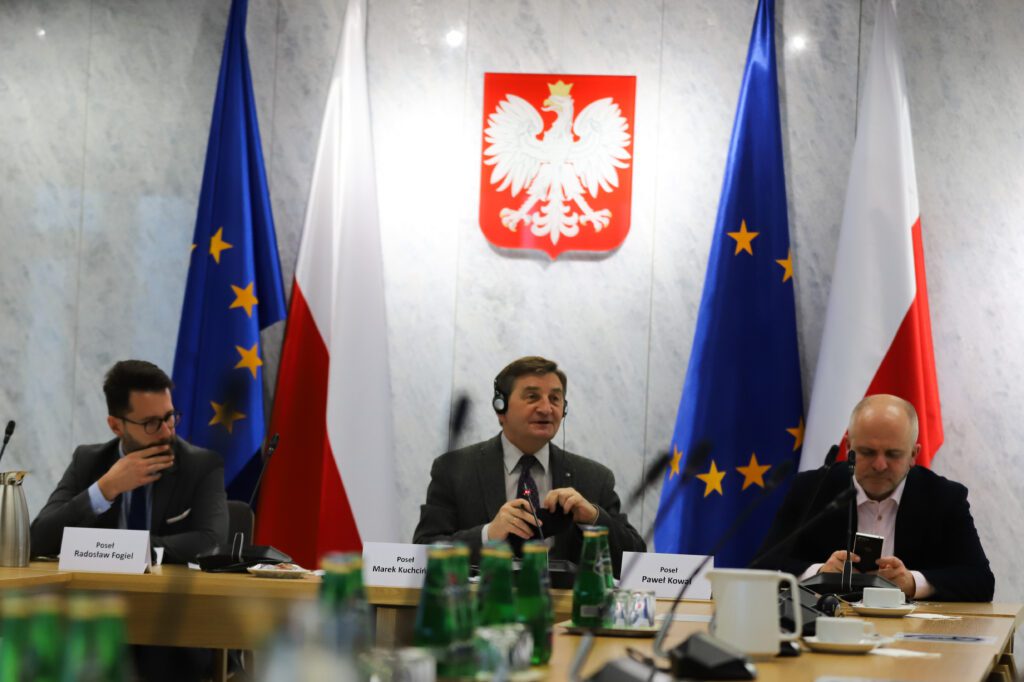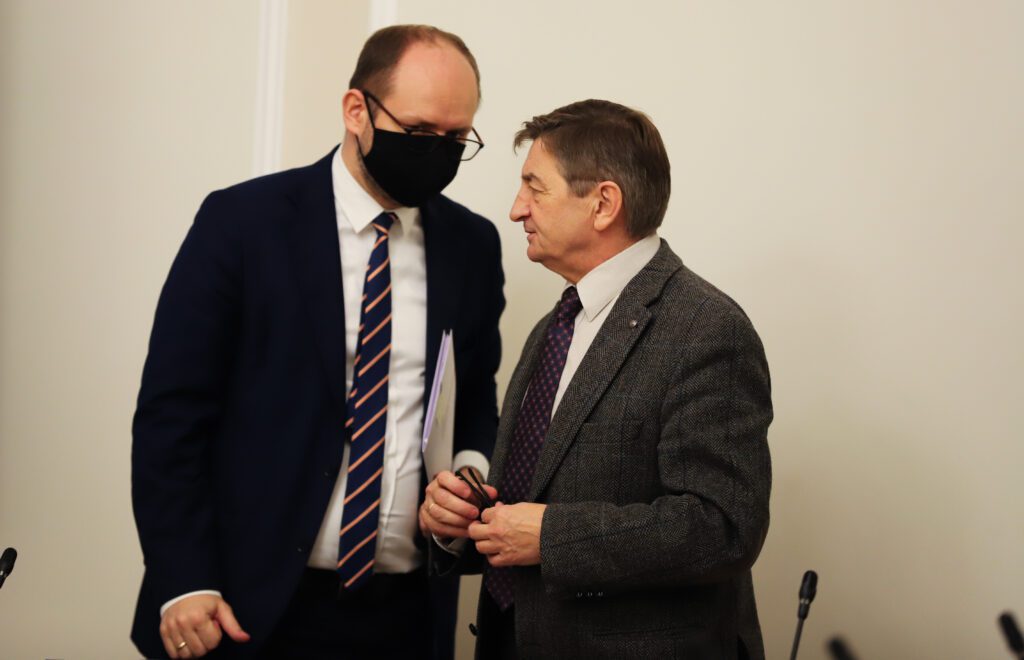The Eastern Partnership, part of the European Union's neighbourhood policy aimed at six countries to the east of its borders, is an initiative launched in 2008-2009 through concerted cooperation between Polish and Swedish diplomats, with the support of the Czech presidency of the European Union. It has been developed by successive governments of the Republic of Poland, regardless of their political hue. This has been going on for 12 years, during the third consecutive term of office of the Polish parliament. The Eastern Partnership is an important tool of Polish foreign policy, implemented in this case on the basis of the EU instruments and as such it enjoys cross-party support of the dominant part of the Polish political scene.
The Committee on Foreign Affairs of the Polish Sejm notes with appreciation the achievements of the Eastern Partnership to date, in the form of association agreements along with agreements on a deep and comprehensive free trade area between the European Union and Georgia, Moldova and Ukraine - three of the six partner countries included in the initiative. Of similar importance are the visa-free travel agreements between the EU and the three countries mentioned above, which strengthen people-to-people contacts and cooperation of civil societies.
The Commission is following with concern the state of relations between the European Union and the other three partner countries. It hopes for a peaceful resolution of the conflict between Armenia and Azerbaijan. It condemns the use by the dictator in power in Belarus of immigrants to provoke conflict on the borders of Poland, Lithuania and Latvia and thus on the eastern borders of the European Union and NATO.
It also follows with the utmost concern Russia's military activity around Ukraine's borders and in illegally annexed Crimea, threatening to escalate the armed conflict that has been smoldering since 2014 in the eastern regions of that country, a victim of Russian aggression. There is hope with the entry into force this year of the European Union-Armenia Comprehensive and Enhanced Partnership Agreement (CEPA), which provides a basis for further development of Armenia's relations with both the European Union and its individual member states.
Against this background, the Commission, while supporting the need to maintain the unity of the Eastern Partnership, recommends that the government lend diplomatic support to the initiative of the Associated Trio (S3), established in May this year by Ukraine, Moldova and Georgia, to intensify further strengthening of their ties with the European Union. The Commission also advocates, among other things, the establishment of a structural dialogue between the Associated Trio and the Visegrad Group in the S3+V4 formula, and between Poland, Lithuania and Romania (as EU Member States with a particular interest in bringing Ukraine, Moldova and Georgia closer to the EU) and the S3, as well as between the S3 and the Trilateral Initiative, and to inspire the Czech Presidency of the European Union to establish such a dialogue between the S3 and the European Union.
The Commission pledges its support for efforts to strengthen the Eastern Partnership and, in line with the will and deeds of the countries concerned, to bring the partner countries concerned closer together
with the European Union.
We are of the opinion that the principle of an open door to membership of the EU, enshrined in Article 49 of the Treaty on European Union, remains a fundamental right of the European Union and is fully applicable to countries covered by the Eastern Partnership, including the Associated Trio. This principle should be reflected in concrete steps towards the start of the accession process.




